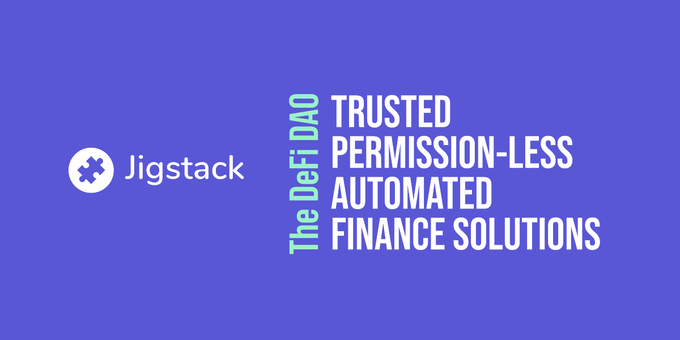The DeFi industry is bound to undergo some crucial changes over the coming years. After noting initial successes, there are still serious concerns regarding the issuance of new tokens and Ethereum’s ecosystem fracturing. Addressing those issues requires out-of-the-box thinking.
The Current DeFi Token Platform Issues
For anyone who is not a degenerate decentralized finance enthusiast, trusting new DeFi tokens out of the blue is challenging. Most of these tokens and projects do not undergo audits, putting users at severe risk. With no quality assurance in place and a lack of transparency, a very problematic scenario is created.
Even though several token launchpads can help bring legitimacy to projects, they are often controlled by a centralized entity. That creates another problem, as this industry is designed to promote decentralization. Additionally, there is a lack of automation and trust in this industry, which most technological solutions can’t overcome easily.
That doesn’t mean there are no improvements to expect, however. Several teams are building new solutions. Introducing a decentralized token pad solution that also rewards holders of the native token can unlock tremendous potential.
Jigstack has been building Lemonade, a project advertised as a DeFi token launchpad with automation and decentralization at its core. The team indicates their solution will address the issues outlined earlier and provide a smoother whitelisting process for investors and automated funding rounds.
More importantly, the need for a transparent and non-custodial approach is higher than ever. There is no need for anyone who aims to invest in DeFi tokens to give up control of their keys. Lemonade ensures the user controls his funds at all times, with transactions occurring in a peer-to-peer manner without intermediaries.
Embracing The DAO Model
Instead of maintaining a centralized solution, this particular platform embraces the DAO model. Using a Decentralized Autonomous organization is unusual, as this business model doesn’t have the best reputation. However, it can still offer benefits in terms of automation and empowering users. This applies specifically to issuing “rewards’ to Jstak token holders, who receive a share of every transaction happening on the network.
In theory, any code written in smart contracts can execute itself without requiring further oversight or control. It is a big part of the DeFi industry today, which mainly runs on Ethereum smart contracts. Even though these contracts are not always audited, Jigstack wants to promote industry standards to achieve a broader sense of trust and security.
Achieving this goal will be a difficult task, though. Decentralized finance is an industry that is met with plenty of skepticism and greedy traders looking for high short-term profits. The industry can certainly benefit from more legitimacy, but this change will not happen overnight.
Introducing an industry standard for decentralized finance and removing remaining intermediaries from the equation is crucial. Such an approach can only work if enough token issuers are willing to trust solutions where they have to take full responsibility for their projects.
Most teams will likely continue to opt for the “quick money” approach, even if it costs them some credibility. That said, having options that bring a more legit approach to launching DeFi tokens is a step in the right direction
